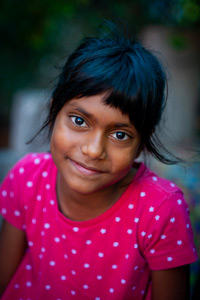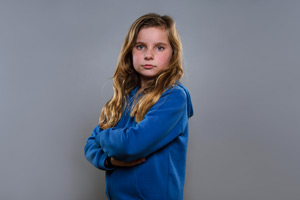World Theater Day for Children and Youth is a campaign of ASSITEJ, promoted and celebrated through the message “Take a child to the theater today”
This campaign provides an opportunity for national centres, individual members, companies, arts organisations, academics, teachers, artists, practitioners and others interested in theater for young audiences to participate together in a day worldwide, and to advocate for the right of children in theater to art.
All ASSITEJ members are invited to promote the World Day Messages, written every year, share the World Day film and consider other activities – big or small. Every year, ASSITEJ centers around the world organize activities like talks, performances, workshops and special media events related to #takeachildtothetheatre .
Here are the 2019 World Day logos (available in English, Spanish, French and Portuguese)
Download the logos HERE
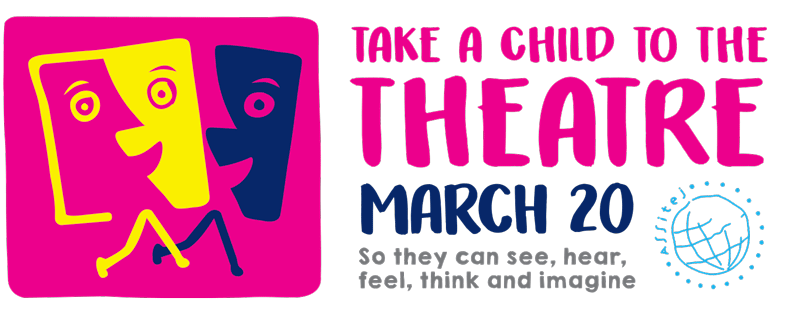 |
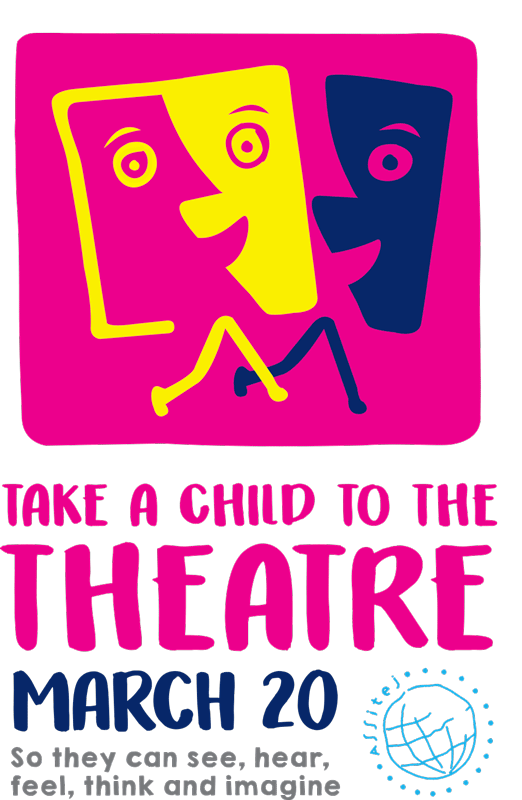 |
- A full document, including an overview of the World Day campaign and guidelines for using the tools available for different occasions and media can be downloaded here: ToolKit 2019
- Download the press release (pdf) HERE
Message from Yvette Hardie for World Day of Theater for Children and Youth
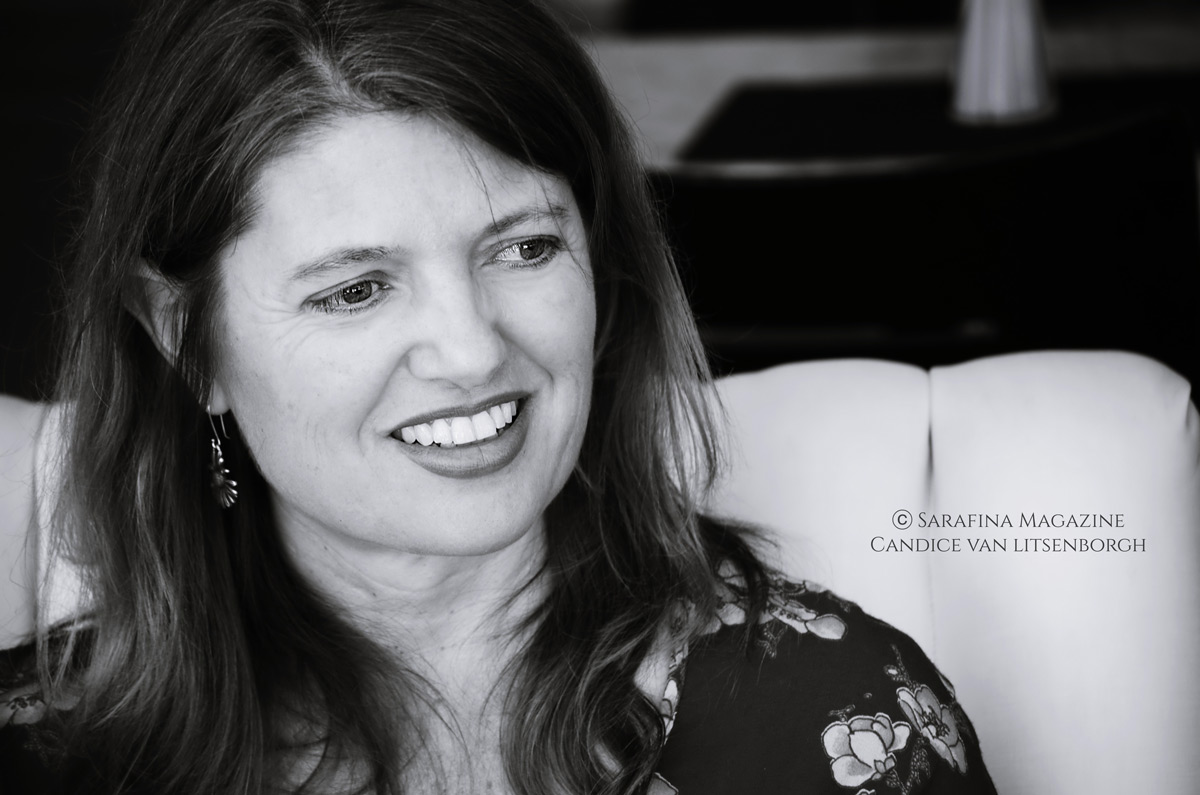
Take a kid to the theater today
Our world is torn apart by division and division. Around us are leaders and strategies that seek to pit people against each other based on race, language, culture, economic status, gender, sexual orientation , loyalty to an idea, belonging or not… Almost every aspect of our humanity has been used by someone to create more divisions and to erect greater walls of suspicion and hatred. As a result, we seem to have turned our backs on Ubuntu, the African philosophy that says “I am because you are” and “a person is a person through their relationships with others.”
How can we work to right this great wrong we are doing to our children and, indeed, to ourselves?
Children need to be able to enjoy shared moments where they are reminded of what we share and where they are able to appreciate the multiple realities of what it means to be human. They need spaces to explore new ways of thinking that challenge divisive narratives, in which they feel empathy for those who are not like them. They need concrete experiences of fellowship in community to remind them of the joy and beauty the world has to offer.
ASSITEJ believes that theater offers multiple gateways to feeling a greater sense of connection with others, and – importantly – with oneself.
Recently, the New Victory Theater in New York released the results of a five-year study on the benefits of theater for children and young people. One of the main unexpected findings was that exposure to theater gave these children more hope for the future. These results were compared with those of a control group, where those who were not exposed to theatrical performances and workshops during the same period, experienced a decrease in their potentialities in terms of studies and professional opportunities.
Why is hope so important? Hope creates positive energy that translates into confidence, willpower, resilience, and ultimately, concrete actions to make a difference in one’s own life and in the lives of others. Every child needs to have hope.
So let us all commit to bringing a child or young person to the theater today and mobilizing the support needed to ensure that every child has access to the arts and theater regardless of their personal or social circumstances. And for those of us who work in the profession, let’s commit to providing quality experiences that will make a difference in how the younger generation sees the world – for the sake of now and into the future.
Yvette Hardie
President of ASSITEJ
Message from Joyee and Jojo
JOYEE (8 years old):
Everything is related to the theater. I was born in a place where theater is very special. In India. And even though I was in an orphanage, I knew that theater was important there. My mother belongs to the theater. I belong to the theatre. I go to the House of Muchness which is a kind of theater – we put on shows. Stuff like that. Every child has the right to do fun things. Like House of Muchness. I do Bollywood too because it goes with my country of origin.
Everything is theatre. It is difficult to explain. I wasn’t trying to explain it to someone who wouldn’t understand, I would take him, show him, and he could see it for himself.
The theater is you. Whatever you’re doing is acting. Everything around you is theater. You are the theatre. Your whole body works like a theater. To put on a great show. And this show is your life.
Without the theatre, there would be no imagination. Not everyone would be able to be themselves. Without stories, everyone would be bored all the time. A bit creepy – they wouldn’t really feel good. It would be like on the moon. No one could communicate with each other because of the large hats ( the helmets ).
If you haven’t got an imagination, well, the only thing to settle that is theater. It makes you learn things. He can teach you love. How it looks in different ways. And how different people who don’t know if they can love each other, well, they can. If it’s a really powerful story, it can change us. The theater is special, good and beautiful. And we have to have all the feelings – if a show makes us sad, it can also give us hope – that a good thing can happen afterwards. And most of the time it happens.
JOJO (11 years old):
I am 11 years old and I am dyslexic. I am a person who swears a little. I like people who understand me, like me. I want to be part of something. I am a person who wants to change the world. I am part of the Children’s Party, which is about children, ideas and politics in a play. I could start changing the world like this.
Theater is important because it shows stories. Stories show generations and generations of people what is happening. Where they come from, why they are here and how they are here. What we need to know. Then we can understand the people and their customs.
My first show was actually a music festival in Adelaide when I was in my mother’s womb. The first theater performance I remember was an opera. Because Roger’s cousin is an opera singer. Roger was my grandfather.
I love the theater where you have to use your imagination, your own imagination which is different from that of others. Because things in the show are hard to see or aren’t there, you have to imagine them. You invent them. And then we see them very well. But people may have a different story or images in their head than what’s in mine.
If you don’t take the kids to the theater, the theater will stop. Theater shows lives, hearts and souls in action. If I took a child to the theatre, a small child, I wouldn’t explain anything to him on the way. He would look at it and then explain it to me.
If someone told me that I could no longer see a theatre, that would make me sad, that would make me angry.
If I hadn’t seen some of the things I’ve seen in the theater, I wouldn’t be me.And I like myself.
The ASSITEJ film for the World Day 2019
In 2019, the film was produced by ASSITEJ South Korea. It is subtitled in French (activate the subtitles by clicking on the “cc” button, above)


